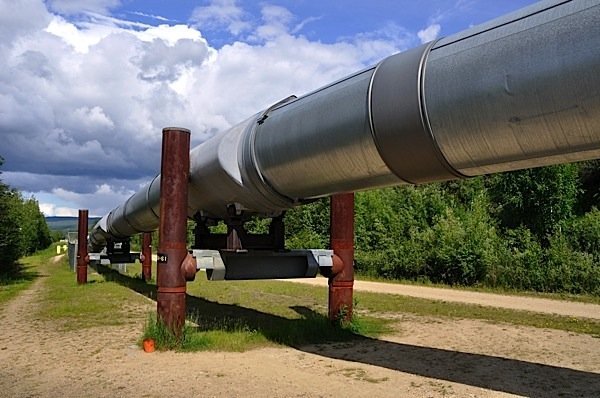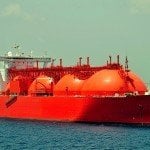Calling it an important milestone in the regulatory process, TransCanada Pipeline today filed its application to build the Energy East pipeline with the National Energy Board. The application consists of 30,000 pages of documents and comes after eighteen months of “extensive environmental studies, engineering work, and public consultation.” The proposed project would include converting a portion of existing natural gas pipeline to carry crude oil, as well as constructing new sections of pipeline and associated facilities.
The pipeline would carry 1.1 million barrels per day of Alberta crude oil to refineries on the East Coast of Canada, running more than 4,600 kilometres and crossing six provinces on its route. It would be one of the biggest infrastructure projects ever built in Canada, costing an estimated $12 billion to build.

Energy East will give Alberta producers access not only to Canadian but also international markets, the company says. Export terminals are planned for Quebec and New Brunswick, enabling oil shipments to Europe and Asia. It has already secured firm twenty-year contracts for 900.000 barrels per day, said Russ Girling, CEO of TransCanada, who noted that industry support for the pipeline had been “overwhelming.” The project will increase Canada’s energy independence, he says, as refineries in the East will not have to import as much foreign oil. They currently import 700,000 barrels per day. If Energy East is built, it will be the first time that western oil is transported directly to eastern refineries.
There will also be substantial economic benefits, TransCanada says. The project will create 14,000 jobs, directly and indirectly and create $36 billion worth of economic activity.
TransCanada has said pipelines are the safest method of transporting oil, though there is considerable opposition to the line from environmental groups and First Nations. Groups such as the Council of Canadians have vowed to fight it “every step of the way.”
The pipeline does have the support of Alberta’s new premier. Jim Prentice has called it a “nation-building project,” while New Brunswick is also said to be keen on it. Neither Quebec nor Ontario has not yet made an official statement one way or the other. A group that represents communities in Ontario’s north, the Federation of Northern Ontario Municipalities, supports Energy East.

































